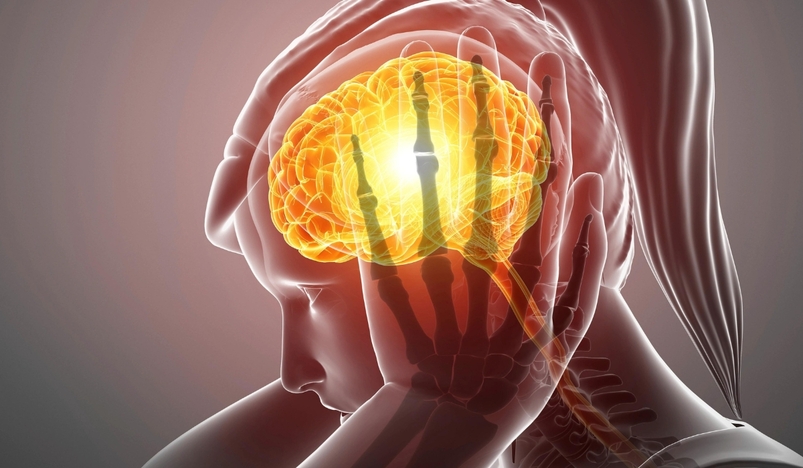
Migraines
Migraines are far more than just a common headache. They are intense, throbbing headaches often accompanied by various symptoms that can be severely debilitating. In this article, we will explore the causes, effects, and practical ways to alleviate migraine symptoms, helping you better manage this challenging condition.
A migraine is not just a headache; it's a neurological disorder that affects millions of people worldwide. The exact cause of migraines is not fully understood, but it is believed to involve a combination of genetic, environmental, and neurological factors.
While there is no cure for migraines, various strategies can help alleviate the symptoms and improve your quality of life.
Migraines can significantly impact your daily life, but with proper management strategies and the guidance of a healthcare professional, you can reduce the frequency and severity of migraine attacks. Remember that each individual's experience with migraines is unique, so it's essential to find what works best for you in terms of prevention and relief. If you suffer from migraines, consult a healthcare provider for a personalized treatment plan.
.jpg)
Qatar Secures Place Among the World's Top 10 Wealthiest Nations
.jpg)
Hamad International Airport Witnesses Record Increase in Passenger Traffic

Saudi Arabia: Any visa holder can now perform Umrah

What are Qatar's Labour Laws on Annual Leave?
Leave a comment